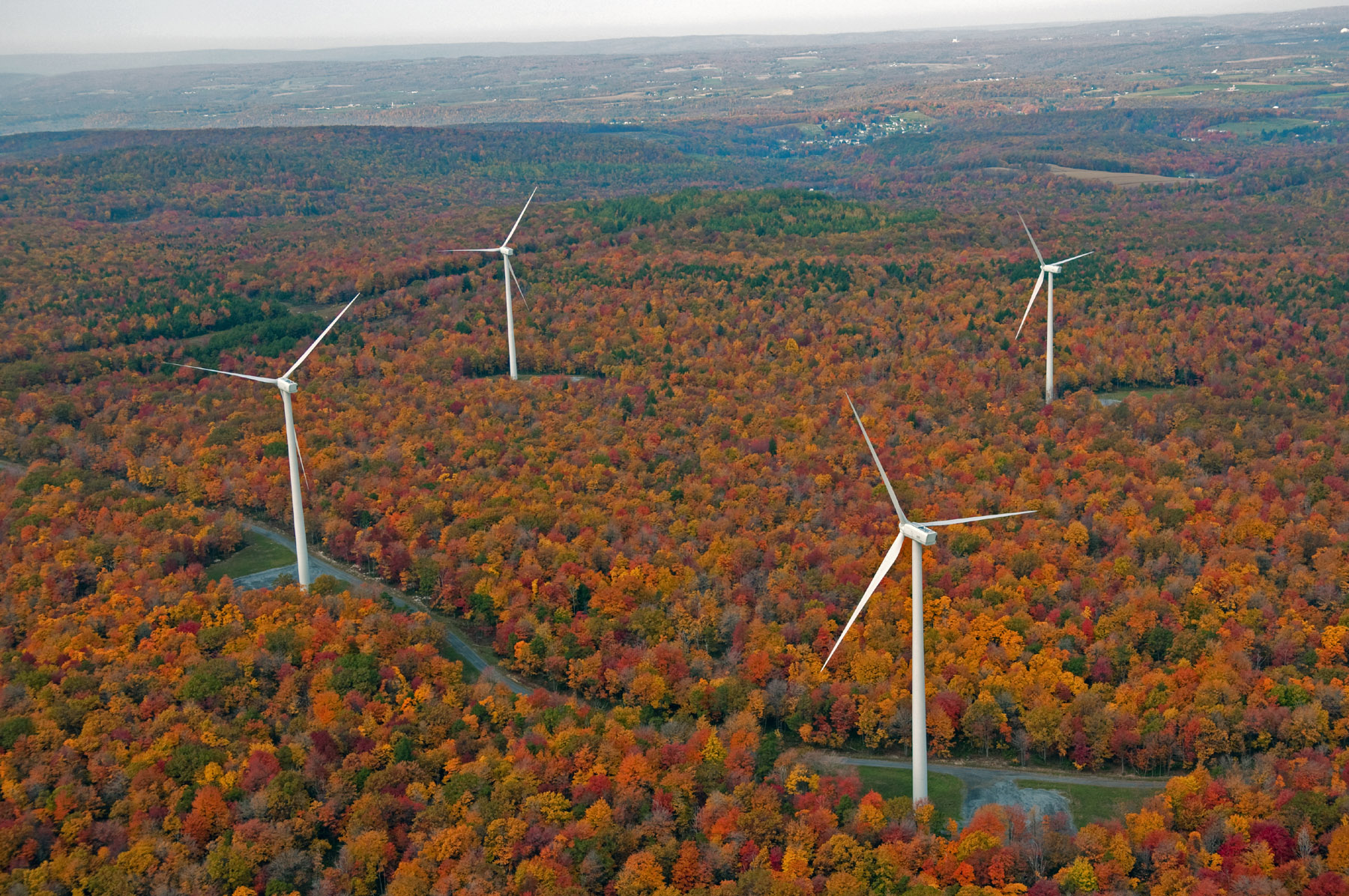Lawmakers Renew Federal Incentives for Wind and Solar
Congress has been negotiating an end-of-year budget deal that includes tax credits for the wind and solar industries. Democrats negotiated a five-year renewal of clean-energy subsidies—in exchange for lifting a 40-year-old ban on U.S. oil exports, which was sought by Republicans
The wind credits expired last year, and the tax credit for solar was scheduled to be phased out at the end of next year.
“I’m kind of giddy with excitement,” says Steve Peplin, president of Talan products, a manufacturer based in Cleveland that makes parts for the solar industry. “It’s obviously very good news for us. We were preparing for 2016 to be a bonanza year. Projects were being accelerated to get them done before the expiration of the credit.”
Peplin says he didn’t really expect lawmakers to move on this issue until 2016, when the credits were set to expire.
“I’m really shocked that they got behind this. And, you know, the timing’s perfect, with the Paris accords and all.”
Last weekend in Paris, 195 nations signed onto a landmark agreement designed to cut carbon emissions and stem climate change.
Reporting by Julie Grant
LISTEN: “Your Environment Update for December 16, 2015”
A Coal Plant Cleans Up in Indiana County
Around the country, dozens of coal-fired power plants are racing to install pollution controls to comply with new mercury rules from the Environmental Protection Agency. But how do you keep 100,000 tons of coal-fired pollution out of the air? Basically, you install thousands of air filters.
Todd Kollross is managing the $750-million project at the Homer City Generating Station in Indiana County, Pennsylvania. Inside the new unit, he shows off what look like hundreds of holes in the floor. Each is lined with a filter bag. They’re basically super-sized Shop Vac filters.
Here’s how it works: Coal exhaust coming out of the boilers at the plant is sprayed with a powder. The powder absorbs the pollution and particulates in the exhaust, and the filters—or bags—catch the powder.
“You got 40,000 [bags] between the two units,” Kollross says. “All the particulate that we collect from the flu gas comes into these bags.”
And that pollution goes into the landfill, instead of our lungs.
One small problem: Those filters don’t take out carbon dioxide, the main culprit in global warming. And the EPA plans to limit carbon dioxide emissions from coal plants.
Just in case, Homer City is applying for permission to start burning natural gas, which produces half the carbon emissions of coal.
Reporting by Reid Frazier



